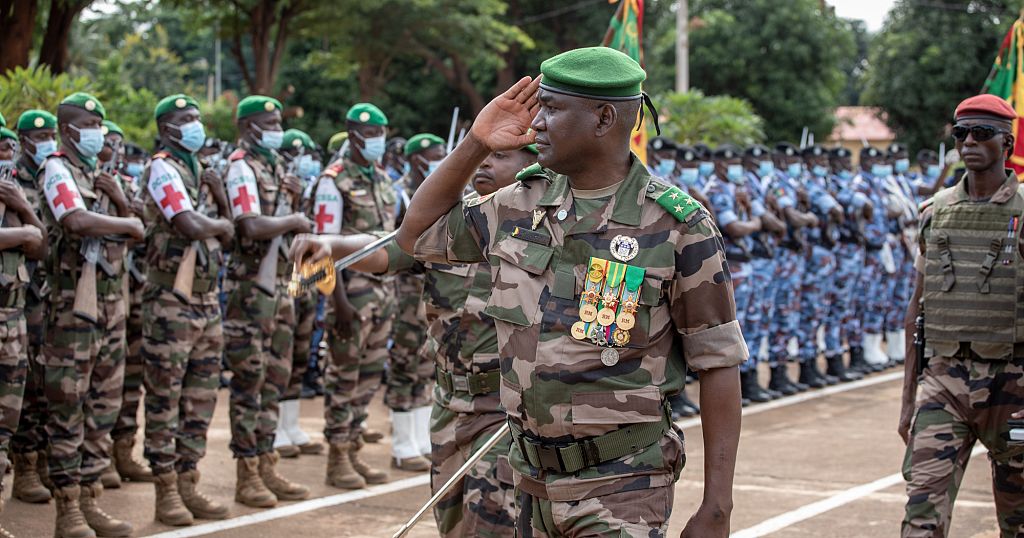Mali’s military has reported a significant victory against al Qaeda-linked militants, claiming to have killed 80 fighters in a series of coordinated attacks on military posts in the country’s central and western regions. The attacks, which took place in seven towns and cities near the borders with Senegal and Mauritania, were described as “coordinated and high-quality” by the Jihadist Jama’at Nusrat al-Islam wal-Muslimin (JNIM) group, which claimed responsibility for the assaults.
According to officials, the JNIM group also claimed to have taken control of three army barracks during the attacks. In response to the violence, regional authorities in Kayes and Dioïla introduced a 30-day overnight curfew on Tuesday, citing the need to protect citizens from further attacks. The incidents bear a striking resemblance to other recent operations by the militants, who have conducted similar assaults on military positions in Mali and neighboring Burkina Faso.
Mali has been grappling with the threat of insurgent groups linked to the so-called Islamic State and al-Qaeda for over a decade. The country has been governed by a military junta since 2020 and has also been dealing with a long history of Tuareg-led rebellions in the north. The situation has been further complicated by the presence of Islamist groups, which have been seeking to extend their reach to West Africa’s coastline.
In a recent warning, the head of the US Africa Command, General Michael Langley, described the Sahel region, which includes Mali, Burkina Faso, and Niger, as the “epicenter of terrorism on the globe.” General Langley cautioned that Islamist groups are looking to expand their operations to the West African coastline, which would allow them to significantly boost their revenue through human trafficking, smuggling, and arms trading. The latest attacks in Mali are a stark reminder of the ongoing threat posed by these groups and the need for continued international cooperation to address the root causes of instability in the region.
